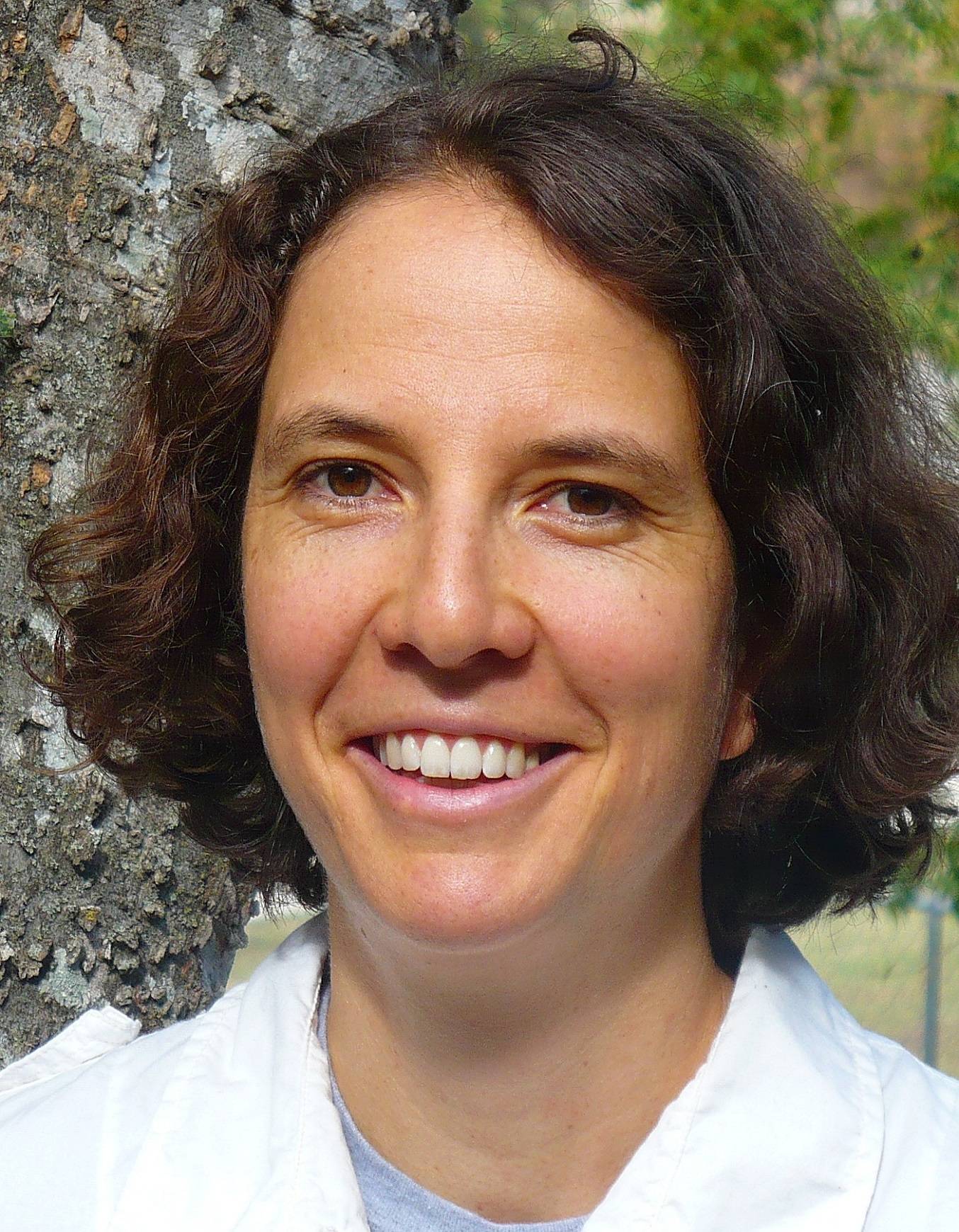Courses
Aquatic Biology (BIO 3460)
Stream Ecology (BIO 7419)
Ecology of Temporary Waters (BIO 7311)
Research Interests
I am interested in both basic and applied research in stream ecology. My lab seeks to understand how ecological processes like dispersal function and how they affect the structure and health of populations and communities in rivers. I am also interested in the impact of invasive species and human activities on stream ecosystems. In my lab, we use a variety of methods ranging from experiments in the lab and the field to modeling and statistical analysis. Much of my research has focused on freshwater mussels, many of which are endangered. Research on their dispersal and distribution will help to inform species conservation and management.
Selected Publications
Cushway, K. C., and A. N. Schwalb. 2023. When rivers run dry: perennial pools as ecological refuges for freshwater mussels during drought. Freshwater Biology https://onlinelibrary.wiley.com/doi/full/10.1111/fwb.14206
Mitchell, Z., Cottenie, K., Schwalb, A.N. 2023. Trait-based and multi-scale approach provides insight on responses of freshwater mussels to environmental heterogeneity. Ecosphere, 14, e4533 https://doi.org/10.1002/ecs2.4533
Schwalb, A. N., Swearingen, D, Robertson, J., Locklin, J., Moore, J., McGarrity, M. 2022. Living on the edge. Thermal limitations of zebra mussels (Dreissena polymorpha) in Central Texas. Biological Invasions https://doi.org/10.1007/s10530-022-02950-z
Beason, E., Schwalb, A. N. 2022. Impact of zebra mussels on physiological conditions of unionid mussels in Texas. Aquatic Sciences 84, 21. https://doi.org/10.1007/s00027-022-00853-8
Tarter, A. A., Ford, D., Symonds, D.E., Ford, N.B., Schwalb, A. N. 2022. Impact of extreme climatic events on unionid mussels in a subtropical river basin. Hydrobiologia. https://doi.org/10.1007/s10750-022-04819-7
Robertson, J., Swannack, T. M., McGarrity, M., and A. N. Schwalb. 2020. Zebra mussel invasion of Texas Lakes: Estimating dispersal potential via boats. Biological Invasions, 22, 3425–3455.
Seagroves, L.A., Barnhart, M.C., Hardy, T., Schwalb, A.N. 2019. Reproductive ecology of the threatened and endemic freshwater mussel Lampsilis bracteata. Aquatic Conservation: Marine and Freshwater Ecosystems, 29,1216-1226.
Zawalski, R., Nowlin W.H., Cottenie, K., Grubh, A., Schwalb, A. N. 2019. Distinctive macroinvertebrate communities in a subtropical river network. Freshwater Ecology, 34, 135-150.
Mitchell, Z. A., McGuire, J., Abel, J., Hernandez, B. A., Schwalb, A. N. 2018. Move on or take the heat: Can life history strategies of freshwater mussels predict their physiological and behavioural responses to drought and dewatering? Freshwater Biology 63, 1579-1591.
Schwalb, A. N., T.J. Morris, and K. Cottenie. 2015. Dispersal abilities of riverine freshwater mussels influence metacommunity structure. Freshwater Biology 60: 911-921.
Please see faculty member’s CV or website for a complete list of publications and additional information.
